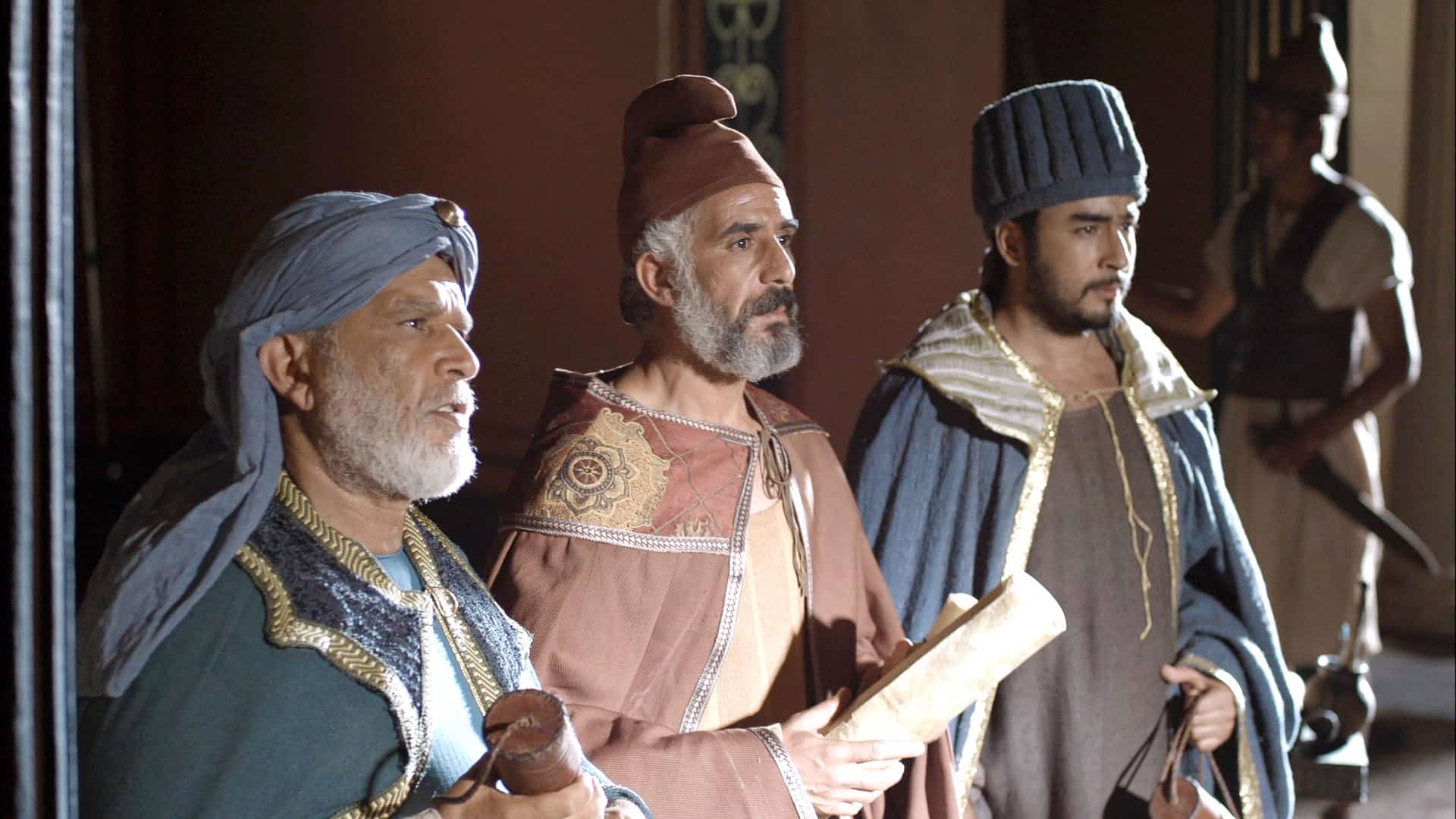Of the four Gospel writers, only Matthew and Luke record events that occurred during Jesus’ infancy and boyhood. Generally speaking, Luke presented events from Mary’s perspective, and Matthew wrote from Joseph’s point of view (see Luke 1:26-56; 2:19,33-35,48-51; Matt. 1:18-25; 2:13-15,19-23). This is not to say that Luke wrote about things that stood out only to Mary or that Matthew’s record presents details only Joseph recalled. Still, in Luke we can sense the tender emotions of a mother, and in Matthew we can appreciate the weight of the responsibilities a husband and father shouldered when his family was in danger. In light of this, it is no surprise that Matthew’s account would include information about “wise men from the east [who] arrived unexpectedly in Jerusalem” asking where they might find the newborn “King of the Jews” so they could “worship Him” (Matt. 2:1-2)—as well as information about King Herod’s response to these travelers. While Matthew surely recorded these details for many reasons, the account sets the stage for an urgent situation that Joseph, as a husband and a father, would be called on to address directly.
The wise men themselves posed no threat to Jesus. These men, whatever their number (for we are not told how many there were), were absolutely sincere in their intentions to worship the child. We see this in the simplicity with which they expressed their intentions (see v. 2), the time and effort they expended in traveling as they followed the star (see vv. 2,9), the joy they experienced as they let the star guide them (see v. 10), the posture they assumed when they entered the child’s presence (see v. 11), the expensive gifts they offered the One they were worshiping (see v. 11), and their deliberately disobeying King Herod by returning “to their own country by another route” (v. 12).
The wise men were “from the east” (v. 1). They were intelligent, scholarly Gentiles who examined the stars. Their work seems to be associated with magic, but we can think of them as astrologers. This does not mean that the Bible gives a “green light” to pursuing or following astrology today. Apparently these men also were wealthy, having means to travel and to offer costly gifts. Various sources in church history have referred to them as kings and even given them specific names, but the Bible itself doesn’t give us this information.
God gave the wise men a sign in the sky—a special star to signify Jesus’ birth. We aren’t told how the wise men connected the star to the birth of the King of the Jews, but when they arrived in Jerusalem and inquired where they might find Him, they were asking the right question in the right place—at least in relation to getting the information they needed to continue their search. Herod heard about their inquiry and brought together scholars who correctly pointed to Bethlehem. Then Herod covertly called the wise men in and asked them about when the star had appeared. Next, lying through his teeth, he told them to find the child and return to him so he too, could worship Him.
The wise men moved on, and the star led them to the house where Jesus, Mary, and Joseph resided. They gave gifts—gold, incense, and myrrh. God warned them to bypass Herod on the way home, and after they did, Herod went on a rampage, killing many innocent Bethlehem boys. But God had placed Joseph strategically in charge of this little family. Obediently, Joseph took the steps God told him to take, steps that were necessary to keep Mary, and especially little Jesus, safe.
Copyright © 2015 B. Nathaniel Sullivan. All rights reserved.
photo credit: www.lumoproject.com
Unless otherwise noted, all Scripture quotations in this article are taken from the Holman Christian Standard Bible®, Copyright © 1999, 2000, 2002, 2003, 2009 by Holman Bible Publishers. Used by permission. Holman Christian Standard Bible®, Holman CSB®, and HCSB® are federally registered trademarks of Holman Bible Publishers.
